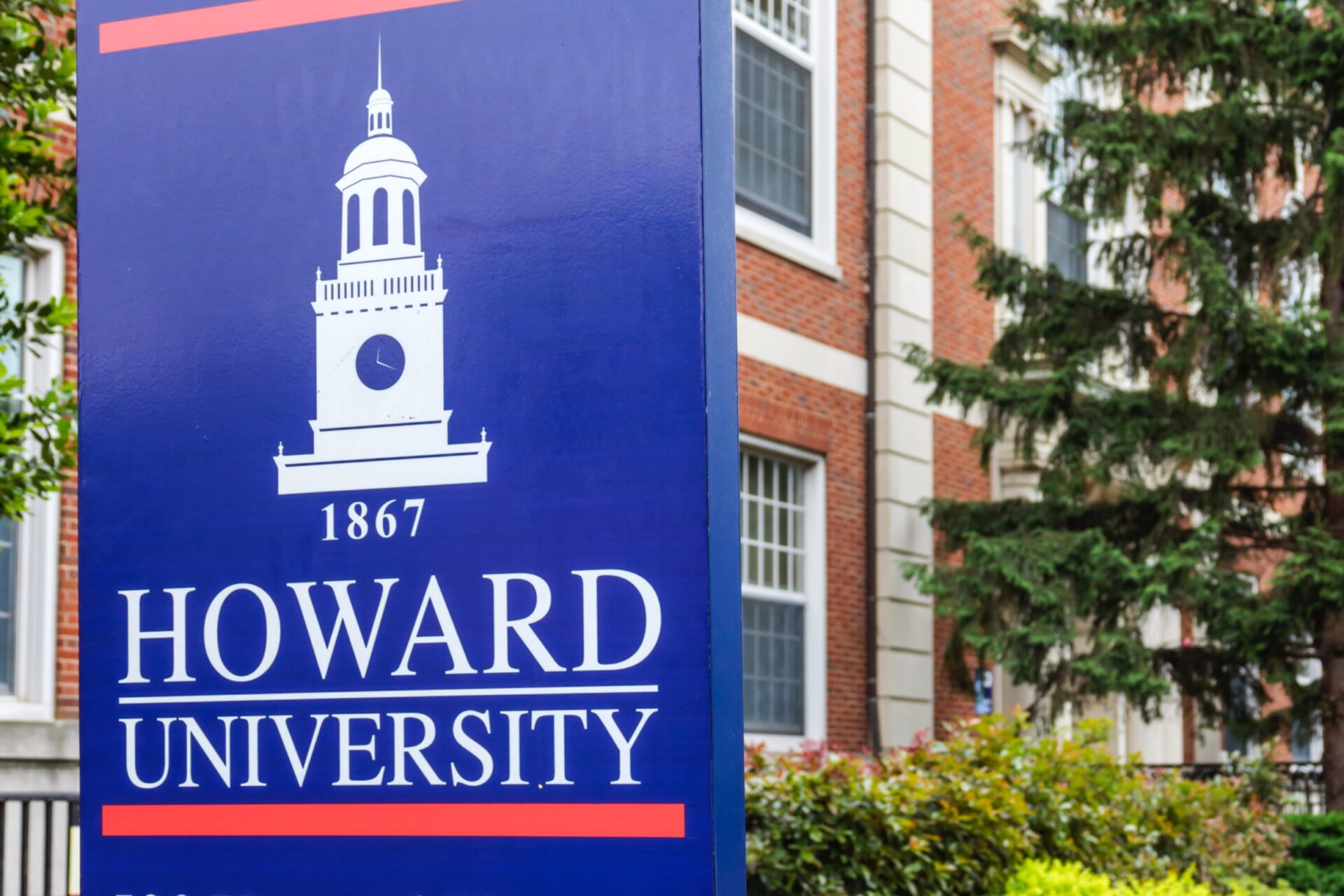
July 18, 2025
Howard University has partnered with Google to spearhead efforts to enhance AI’s ability to understand African American English (AAE).
Howard University has partnered with Google Research to enhance the ability of artificial intelligence to recognize and better process African American English (AAE).
Called Project Elevate Black Voices, the initiative focuses on helping AI systems better understand African American English (AAE) across its many dialects, the school’s blog, The Dig, announced. With AAE often underrepresented or misinterpreted by current AI, the project aims to develop automatic speech recognition (ASR) systems that are more equitable for all users.
“African American English has been at the forefront of United States culture since almost the beginning of the country,” said Dr. Gloria Washington, co-principal investigator and Howard computer science professor. “Voice assistant technology should understand different dialects of all African American English to truly serve not just African Americans, but others who speak these unique dialects.”
With AI’s rapid growth, automatic speech recognition (ASR) tools now power everything from smartphones to smart speakers and car systems. However, many Black users report that they often modify their natural speech patterns to ensure they are understood. Researchers point to the lack of training data that reflects the way Black communities communicate, which has conditioned many to adjust their voices (or code switch) as ASR technologies frequently struggle to recognize African American English accurately.
To build these AAE-focused ASR systems, Howard and Google researchers created a groundbreaking dataset featuring over 600 hours of recorded speech, collected from speakers across 32 states and representing a wide range of African American English dialects. While Google can use the dataset to enhance its products, Howard University will maintain full ownership and control over licensing. The HBCU will also oversee its ethical use, ensuring the data benefits the very communities it represents.
“I wanted to carefully curate the community activations to be a safe and trusted space,” said Dr. Lucretia Williams, who led community outreach for the project, and emphasized the importance of trust and privacy. “It’s not just about data. It’s about voice, identity, and accountability.”
As AI becomes more ingrained in everyday life, this collaboration between an HBCU and a tech giant serves as a blueprint for building technology that’s both inclusive and equitable.
“It’s our mission at Google to make technology that’s useful and accessible,” Courtney Heldreth, principal investigator at Google Research, said. “I truly believe that our work here will allow more users to express themselves authentically when using smart devices.”
RELATED CONTENT: K. Michelle’s Expertly Clears Delusional Journo During Interview, Affirming Her Rightful Place In Country Music


